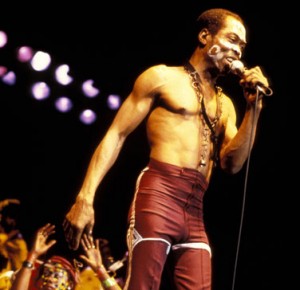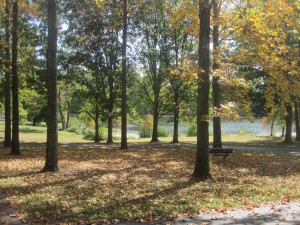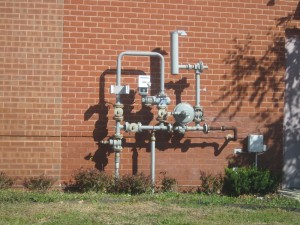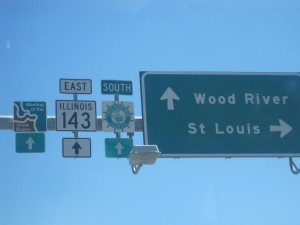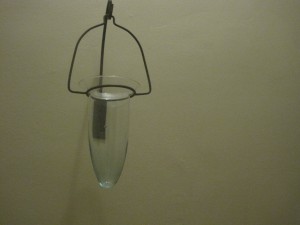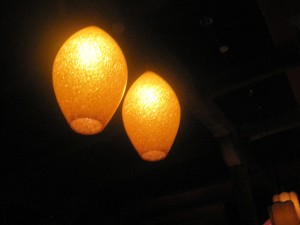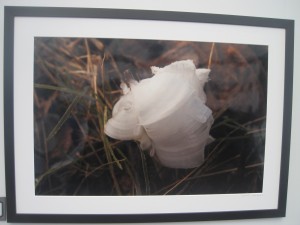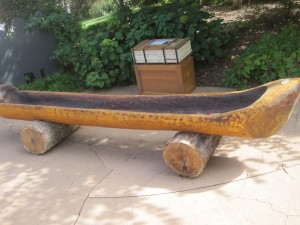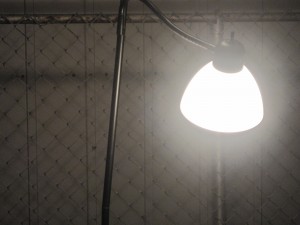 Living in the mid-west has its perks: you’re far enough from the oceans to live a relatively sane life, and close enough to equally pleasant points of interest to get a feel of outdoors once in a while. A few weeks ago, there was an exhibition of proposals on the renovation of the Gateway Arch and its surroundings. The city of St. Louis along with other donors decided to touch up the nation’s tallest monument and make it live up to its potential as a more viable tourist destination for the country and the world. The winners of the bid have been announced and will have up to 2015 to make the area around the Mississippi the mecca they promised.
Living in the mid-west has its perks: you’re far enough from the oceans to live a relatively sane life, and close enough to equally pleasant points of interest to get a feel of outdoors once in a while. A few weeks ago, there was an exhibition of proposals on the renovation of the Gateway Arch and its surroundings. The city of St. Louis along with other donors decided to touch up the nation’s tallest monument and make it live up to its potential as a more viable tourist destination for the country and the world. The winners of the bid have been announced and will have up to 2015 to make the area around the Mississippi the mecca they promised.
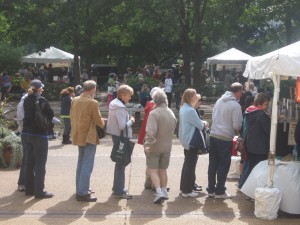 I’ve been thinking about a few other places nearby: eagle watching at Alton at the confluence of the two great rivers, a long overdue visit to the Lemp Mansion (the continued mention of which keeps bringing hundreds of people to my blog since last year. What exactly is it with people and ghosts?), the Cathedral Basilica in St. Louis with its replica of Roman art and paintings, and the famous house of Mark Twain at Hannibal. I remember visiting the tomb of Abraham Lincoln in Springfield and thinking that the city was such a centre of history, and then wondering what I’m going to think when I visit Annapolis and all the spots on the coast where the first slave ships first docked. I’m such a nosy wanderer.
I’ve been thinking about a few other places nearby: eagle watching at Alton at the confluence of the two great rivers, a long overdue visit to the Lemp Mansion (the continued mention of which keeps bringing hundreds of people to my blog since last year. What exactly is it with people and ghosts?), the Cathedral Basilica in St. Louis with its replica of Roman art and paintings, and the famous house of Mark Twain at Hannibal. I remember visiting the tomb of Abraham Lincoln in Springfield and thinking that the city was such a centre of history, and then wondering what I’m going to think when I visit Annapolis and all the spots on the coast where the first slave ships first docked. I’m such a nosy wanderer.
I’m looking for as many pointers as my readers can provide, whether far or near. How much more of this country can I see and learn from in the next couple of months. We are travellers, coming to a city near you.
